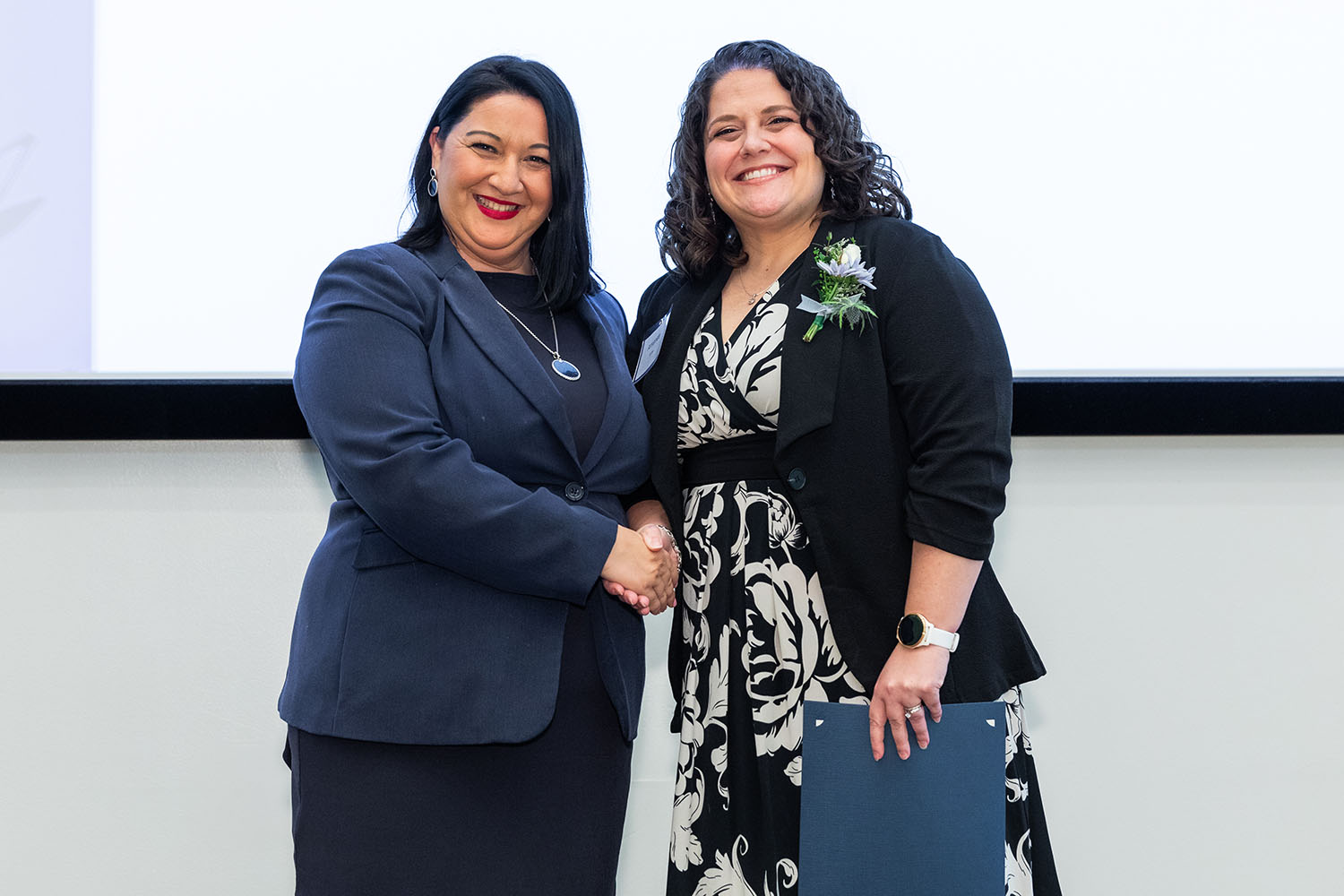The University of Connecticut’s Actuarial Science Program in the College of Liberal Arts and Sciences has been named a “Center of Actuarial Excellence,” one of only 12 chosen by the Society of Actuaries.
Each of the 12 centers in the U.S and Canada passed a rigorous review of its research, scholarship, and teaching, and demonstrated that its graduates are highly qualified. The selected centers also demonstrated strong ties to the business community.
UConn’s program, part of the Department of Mathematics in CLAS, is the only Center of Actuarial Excellence in New England.
“The Center of Actuarial Excellence designation reflects the quality and depth of our program, its faculty, and students,” said Jeremy Teitelbaum, dean of the College of Liberal Arts and Sciences.
This is the first time that the Society of Actuaries has awarded center of excellence designations.
“To be part of the first group so recognized is a special honor for UConn,” said James E. Trimble, director of the program, a fellow of the Society of Actuaries (FAS) and a member of the American Academy of Actuaries.
Trimble, one of the actuarial program’s first students, was formerly senior vice president and chief actuary for Hartford Life Insurance Companies. He joined UConn as director of the actuarial program in September, succeeding Louis Lombardi, FSA, who is now principal, PricewaterhouseCoopers LLP, based in Hartford.
The first director, professor emeritus of mathematics Charles Vinsonhaler, founded the program in 1976, responding to the local financial services industry’s need for highly skilled actuaries.
The program’s enrollment has tripled in the past five years alone, attracting students from as far away as Australia. It now has 212 undergraduates enrolled, 40 master’s degree students, and seven PhD students, and it graduates about 50 students a year.
The UConn program is unusual for its strong ties to industry, Trimble says. Twenty financial services companies in Connecticut and New England are corporate sponsors. They provide more than $100,000 in annual support and scholarships.
UConn actuarial students are known for passing as many as two or more professional actuarial examinations before they graduate and for learning general business skills, such as management, writing, and knowledge of finance, says assistant director Michael M. Braunstein, formerly head of actuarial talent management for Aetna and an actuarial recruiter who is a UConn mathematics alumnus.
Last year, the actuarial program added The Goldenson Center for Actuarial Research, the result of a $1 million endowed gift from Janet and Mark Goldenson of Ventura, Calif. Dr. Jay Vadiveloo, the Watson Wyatt professor-in-residence, directs the center, which partners top actuarial students and faculty at UConn with actuarial professionals in industry to work on applied research projects.
Actuaries, who assess the financial consequences of risk, are in demand not only in the insurance industry but are also broadening their scope to identify, measure, and manage risk in other areas, such as credit risk and operational risk, says Trimble, who is a chartered enterprise risk analyst (CERA).
The Center of Actuarial Excellence designation will make UConn eligible for significant research and education grants from the Society of Actuaries.
- View the complete list of Centers of Actuarial Excellence.
- Learn more about the Actuarial Science Program at UConn.
- Read about the Goldenson Center.
For more information
Colin Poitras, (860) 486-4656
Colin.Poitras@uconn.edu


